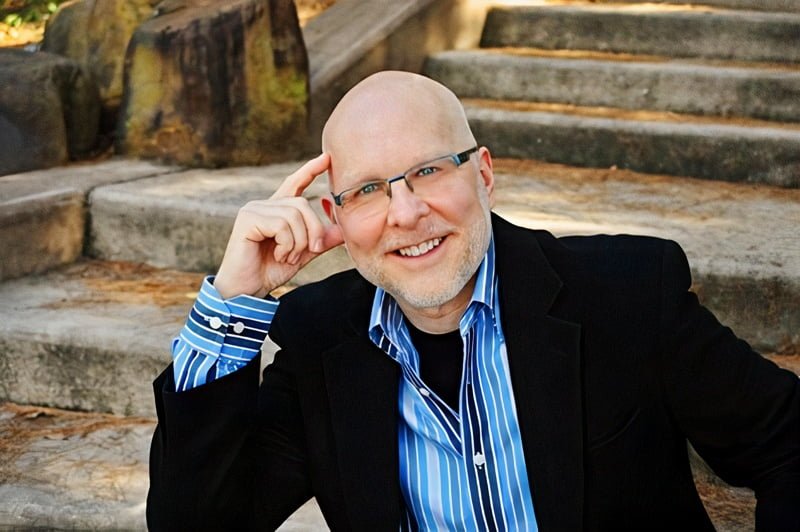It’s Not Magic, But It Is Magical – Roger Leslie, PhD
When I teach goal setting to adults and teens, I distinguish between an objective and a goal. Your objective is your dream. It’s the long-range vision of what you might accomplish, become, and be remembered for. Objectives are great motivators because they contain the sprinkle of magic when you imagine what results your work could possibly generate.
Goals are concrete and clear. They provide a roadmap for reaching your glorious dream.
Objectives and goals synchronize to fulfill your dream. When not at work on your goals, you feed your vision by daydreaming, imagining, anticipating, perhaps even rehearsing what you will say the moment your dream comes true.
When and if you ever have those dream-fulfilling moments, they are indeed surreal and grand and sometimes even better than you anticipated. But they are also fleeting.
In one of my movie reference books, I describe how the crowd erupted in applause when Anne Bancroft announced Sidney Poitier as Best Actor for Lilies of the Field. Handing him his Oscar, Bancroft whispered, “Enjoy it! It doesn’t last long.”
It is richly rewarding when others recognize our work in any creative endeavor. After winning individual book awards and lifetime achievement honors,I am forever grateful to have experienced those moments, and to have shared them with family and friends and colleagues I love.
But those fleeting moments of glory cannot sustain the creative process. Only your work can.
If you are an artist in any medium, you know the thrill of having discovered a piece of yourself you would never have known had you not had the courage to try to create something original. The process itself is a fascinating anomaly.
I recall a disquieting experience writing my first novel at age 17. Each writing session, I sat cross-legged on my bedroom floor at the Montgomery Ward portable electric typewriter my parents had bought me. One afternoon, I had what felt like an out-of-body experience. Part of my brain seemed to disconnect from my body. Hovering overhead, it watched my fingers flitter across those brown click-clacking keys as if the book were writing itself.
Daunted, I worried I might be going mad. I would soon learn that such an experience is “getting in the zone” of creativity. Artists excel in that space. Athletes thrive on it. It is the state where the limiting thoughts and stifling fears of judgment that creep into your conscious mind burst open with faith in your abilities and in your work. When it does, floodgates of creativity surge from your subconscious to bring to life greater art, writing, or athleticism than you could ever achieve in ordinary hours.
It’s not magic, but it is magical. How do we achieve it? We do the work. We set a small goal to do better than we did the day before and get to the task at hand. To some, that may sound like drudgery. There’s a common misconception that authors like to “have written,” but don’t like the toiling, trudging, sometimes torturous task of writing. I’ve never felt that way, and no author friends I know have ever shared such a perspective.
The joy of any great accomplishment is the journey itself. You begin by hoping you are capable of achieving some level of excellence. It’s a courageous act because, along the way, you discover how close or far your talent is from the ideal that inspired you to create in the first place.As you continue the journey, your results improve. And so do you. On your journey you find inner strength and wisdom. You discover who you were and who you can be.
Without the journey, you cannot reach your destination. Without the work, you cannot fulfill the dream.
Magic moments, like winning prestigious awards, are indeed special. But doing the work that invites those magic moments is magical.

